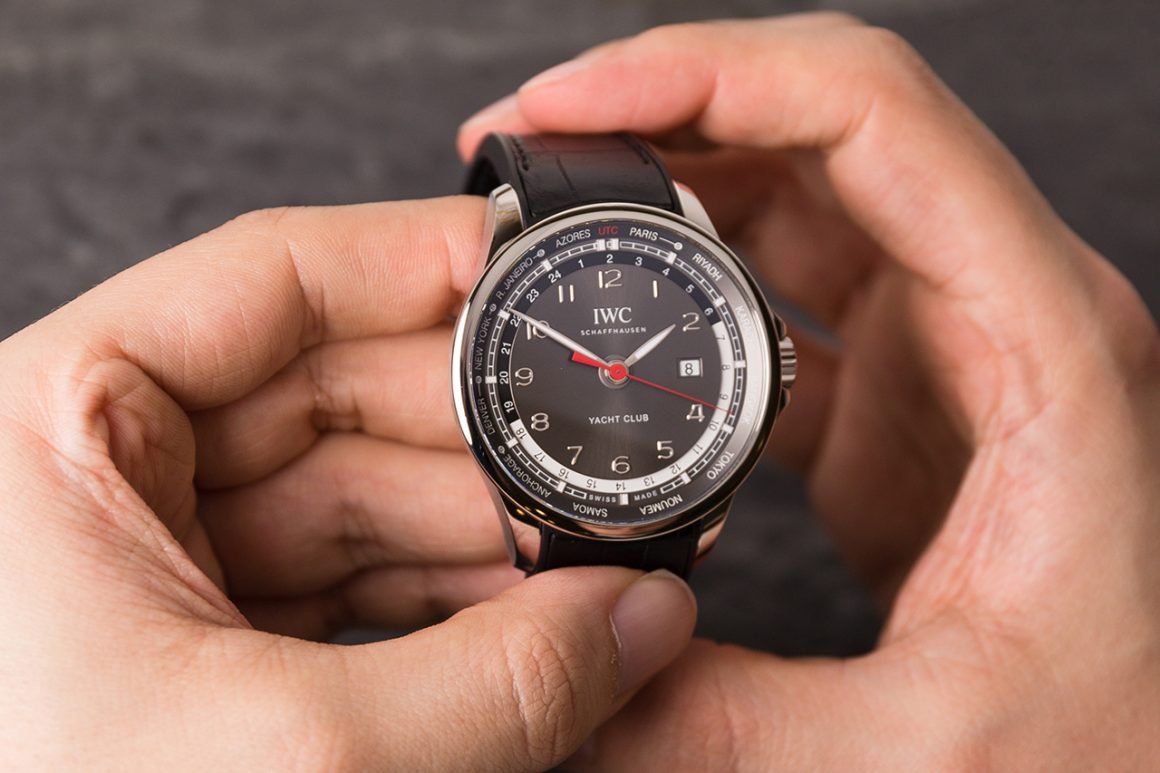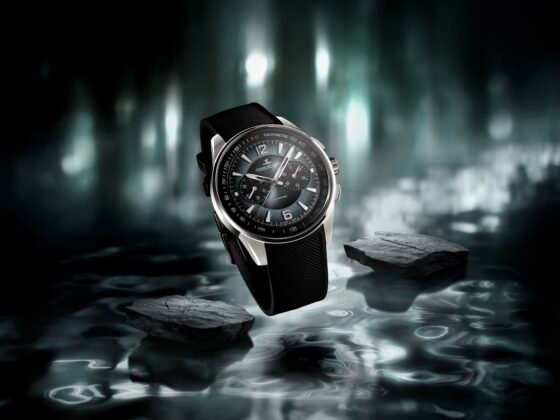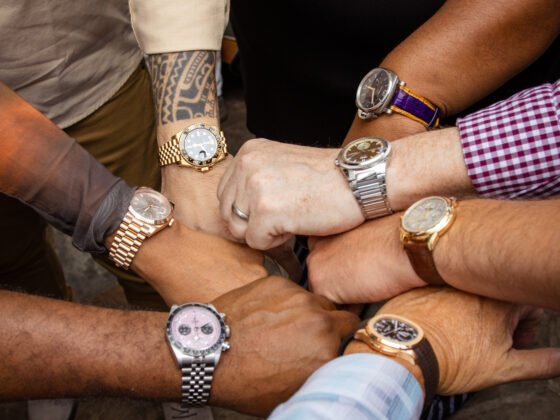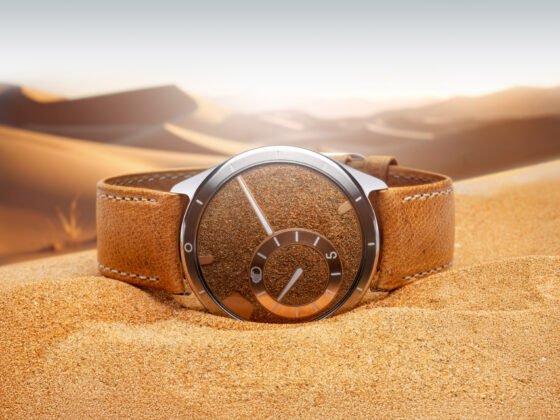A timepiece is much more than an instrument that tells the time. A true expression of classical engineering with rich history and legacy, a watch often holds sentimental value or remains part of one’s personal story. With the correct care, a timepiece can be cherished and admired and passed on to generations to come.
WatchBox, the world’s leading platform for the buying, selling, and trading of pre-owned luxury timepieces, has shared some tips for taking proper care of your luxury watch:
- Never open your watch by yourself
The watch should only be opened by a professional. Opening it can expose the timepiece to dust, dirt and particles entering inside the movement. The mechanics to the movement of the watch are highly precise and extremely delicate. Each piece works meticulously with the next, and thus none of the pieces inside should be tampered with by anyone other than a certified professional.
- Ensure the watch is clean
Luxury watches need to be regularly cleaned to prevent damage. It is recommended to visit a reputable jeweler that specializes this to ensure safe cleaning of your watch. Dirt may collect around the crown and enter into the case. This can also become a problem for manual winding watches where the dirt builds in the gasket, causing it to grind against the case tube. The dirt built up produces a higher risk of water penetration and damage.
- Avoid Magnets
Magnetism can affect the timekeeping of a watch, causing unwanted reactions. General contact with devices shouldn’t cause harm, but an overdose of magnetism can cause erratic timing and even stop the watch altogether. A sign of this affect can be seen when the watch suddenly runs very fast or too slow. The specific area of the watch that’s affected by magnetic fields is the hairspring, as it causes the coils to stick together. Watches that have become magnetized will not result in long term consequences but will need to be demagnetized to resume normal function.
- Wind it correctly
Many manual watches have power reserves of up to 48 hours but can last longer or shorter than this. Best practice would be not to wait until the watch stops, but rather wind it once daily. For automatic watches it’s best to have a watch winder as this continuously maintains it. A watch winder guards automatic watches that are not frequently used. Certain watch winders serve as a winder and a display case, there are options for one or a few watches at a time.

- Take care of the crystal
Take every precaution possible to prevent banging or scratching the crystal of a watch against a wall or hard objects. Diamonds are the hardest natural surfaces, so be particularly careful if a watch is being worn closely around diamond jewellery. Minor scratches can usually be refinished, but deep scratches will need to be replaced. Always use an authorized watch repair center that uses approved parts by the watch manufacturer for a replacement.
- Avoid contact with chemicals and extended sunlight exposure
Cleaning products that include oils, cologne and perfume can all have a negative effect on a watch. Perfume particularly can damage leather straps by weakening them, so when applying, wait until it completely dries before putting the watch on. Do not use cleaning agents and always consult the jewellery cleaning guide for best practice.
- Know your watch’s water resistance
Water resistant does not necessarily mean that one can swim or shower with the watch, rather it means that the watch can withstand humidity and splashes of water. Indeed, many wearers are not completely aware of the limits to their watch. For example, if a watch is resistant up to 50 meters, snorkeling with it isn’t advisable. If the watch is unable to handle the great depths, the intense change in pressure will damage it. Leather straps should be avoided when it comes to water as this will weaken the leather.









